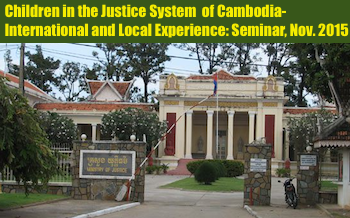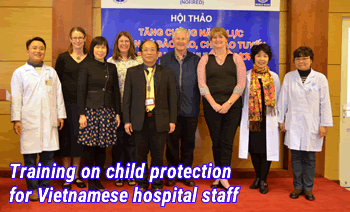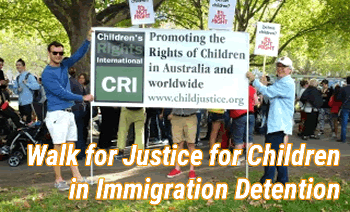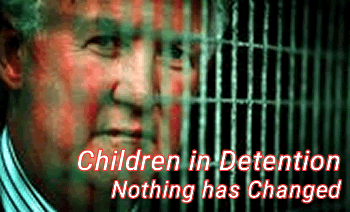Children’s Rights International – in conversation with Alastair Nicholson QC – Podcast Episode 19
In this podcast, Managing Partner Sally Nicholes is joined by the Honourable Alastair Nicholson QC, former Chief Justice of the Family Court of Australia and Chairman of the Board of Children’s Rights International. In the podcast, Sally and Alastair discuss Children’s Rights International as an incredible organisation whose mission aligns closely with that of Nicholes Family Lawyers in that it aims to protect and advance the human rights of children throughout the world.
The Fight for Children's Rights in Cambodia
by Hon. Alastair Nicholson
Asian Jurist, October 2018
(reproduced with permission)
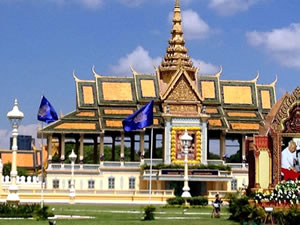 Out of a history of occupation, conflict and genocide has emerged a renewed and concerted effort to create a more just future for Cambodia’s children.
Out of a history of occupation, conflict and genocide has emerged a renewed and concerted effort to create a more just future for Cambodia’s children.
"The treatment of children in prison has long been unsatisfactory. In many prisons, children are still mixed with adult offenders and receive little or no health care and education ... Many children see their lawyer for the first time on the day of trial."
"The new Juvenile Justice Law is enlightened and innovative ... It also represents an enormous challenge to the Cambodian justice system, which has hitherto been punishment-oriented."
See: The Fight for Children's Rights in Cambodia (PDF - Full Text of this Article)
CHILDREN'S RIGHTS TO PROTECTION - FROM WHOM AND FROM WHAT?
A special seminar
Wed, 5th Sept, 4:20 – 5:30pm, Ella Latham Auditorium, Royal Children’s Hospital
Article 6 in the convention: Children have the right to live a full life. Governments should ensure that children survive and develop healthily.
Article 9 in the convention: Children should not be separated from their parents unless it is for their own good. For example, if a parent is mistreating or neglecting a child. Children whose parents have separated have the right to stay in contact with both parents, unless this might harm the child.
Read more: CHILDREN'S RIGHTS TO PROTECTION - FROM WHOM AND FROM WHAT?
CHILD HEALTH, CHILDREN'S RIGHTS AND THE LAW
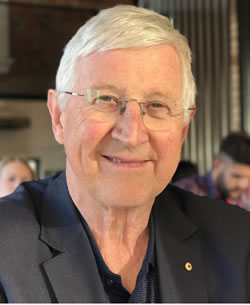 A seminar series on children’s rights under the U.N. Convention on the Rights of the Child
A seminar series on children’s rights under the U.N. Convention on the Rights of the Child
The idea for this series originated at a meeting of the board of Children’s Rights International (CRI; www.childjustice.org), of which I am a member and which is chaired by former Chief Justice of the Family Court, The Hon. Alastair Nicholson AO RFD QC. There are two other former judges on the board, some additional lawyers and several members from other professions. We wanted to establish a forum where members of the medical and legal professions would come together to discuss children’s rights and to explore the many areas in which the interests of the two professions overlap. To provide structure, we proposed that we would base the meetings on the various clauses of the UN Convention on the Rights of the Child. Our aim was to educate and stimulate discussion in a scholarly atmosphere, assisted by respected, well-informed speakers. It flowed naturally that CRI would invite the RCH Alumni to collaborate in hosting the series, and that meetings would then alternate between RCH, where the Alumni would be hosts and the University of Melbourne Law School, where CRI would be the host organisation. We further invited Dr Linny Phuong, Founder and Chair of the Water Well Project and a Fellow in Infectious Diseases at RCH, to be a member of the organising committee because of her extensive connections with young doctors.
ASYLUM SEEKERS AND THEIR CHILDREN MATTER SEMINAR
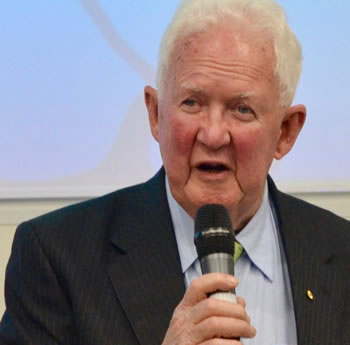
A seminar on Medico Legal aspects of Australia’s Asylum Seeker Policies in light of Australia's obligations under relevant international instruments including the Refugee Convention and the UN Convention on the Rights of the Child.
Held on Tuesday 19th June 2018 6:00 - 7:30pm
Room GO8, Law School, University of Melbourne,
185 Pelham St, Carlton VIC 3053
A visit to Nauru in March 2018 by UNHCR’s Director of the Asia-Pacific Bureau, Indrika Ratwatte, left him visibly shaken by “the comprehensive evidence of the harm inflicted (by the Australian Government)” and “rates of depression and stress that are among the highest ever recorded”.
10 YEARS OF THE NORTHERN TERRITORY INTERVENTION & WORKING TOWARDS TREATIES
A Conversation with NT Aboriginal Elders and Community Leaders
“Our lives begin to end the day we become silent about things that matter” Martin Luther King Jr.
Forum & Discussion sponsored by ‘concerned Australians’ cA
Date: Thursday 29th June 2017
Time: 2.45 for 3.00pm – 5.45pm
Venue: RMIT Building 80, 4th Level, Room 11 (Yellow Door) 445 Swanston St, Melbourne - Directions here or Tram stop (route 64, stop 7)
Read more: 10 YEARS OF THE NORTHERN TERRITORY INTERVENTION & WORKING TOWARDS TREATIES













